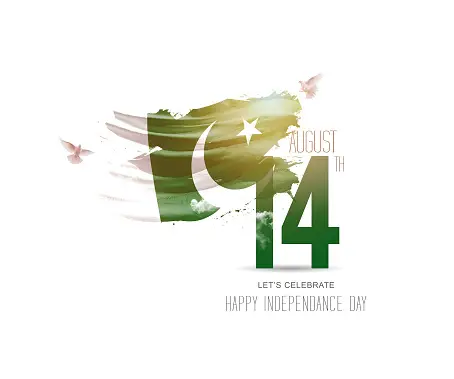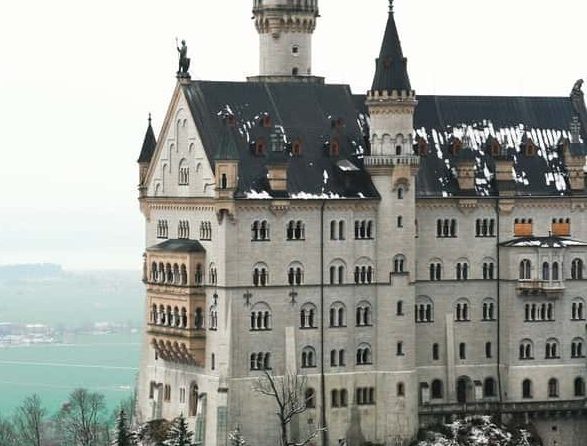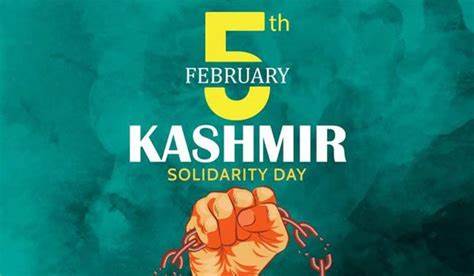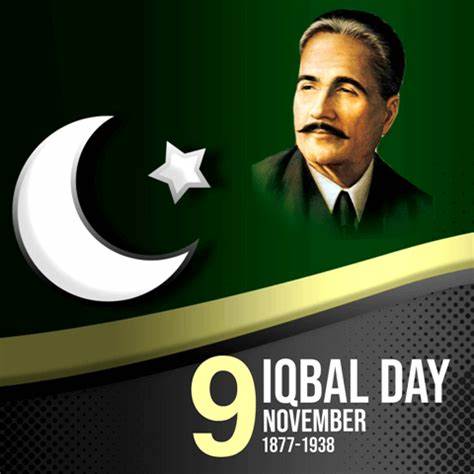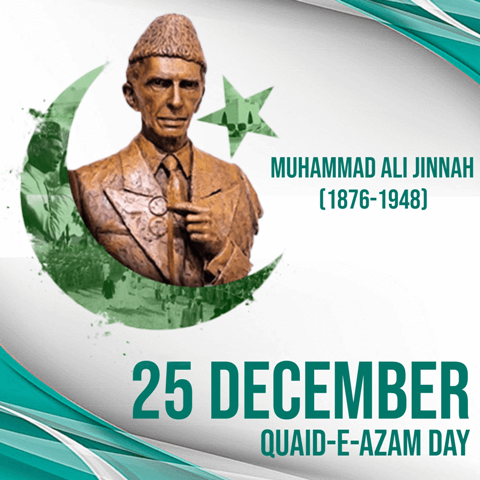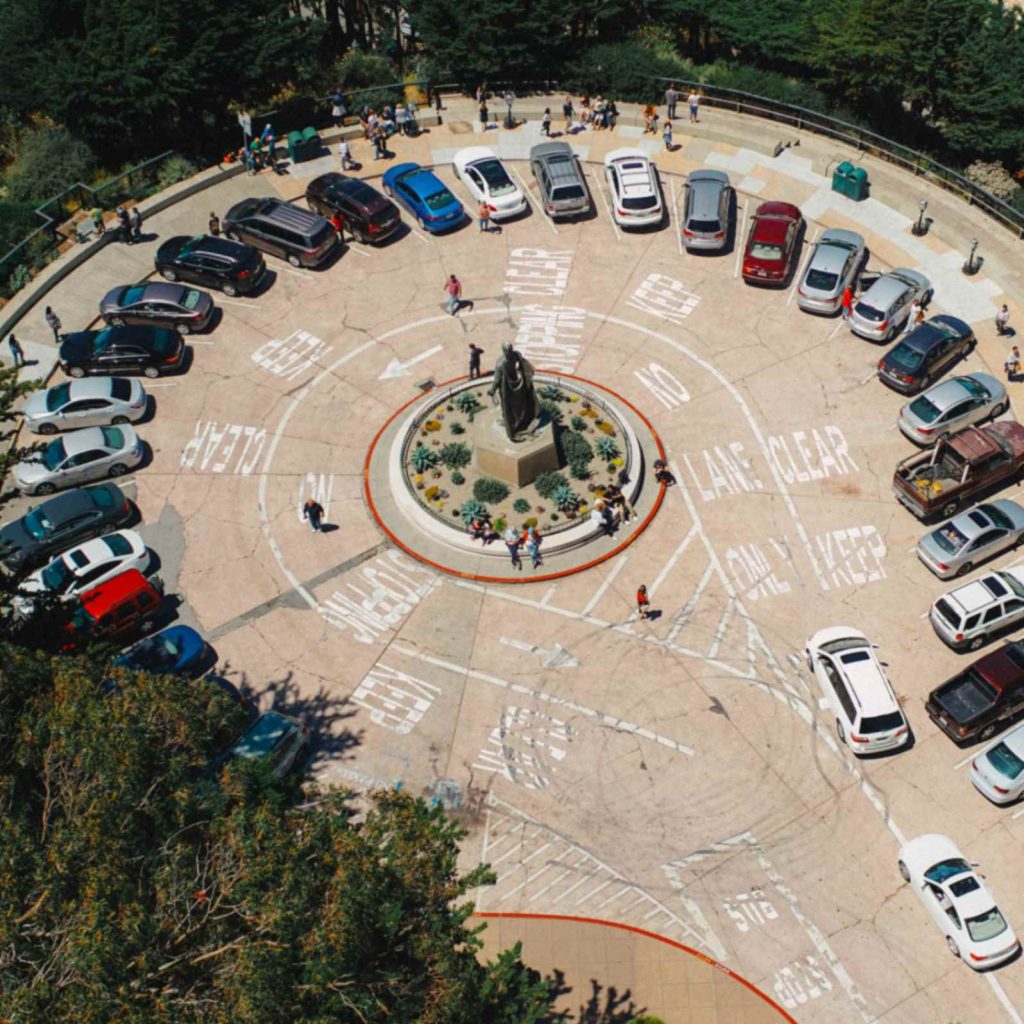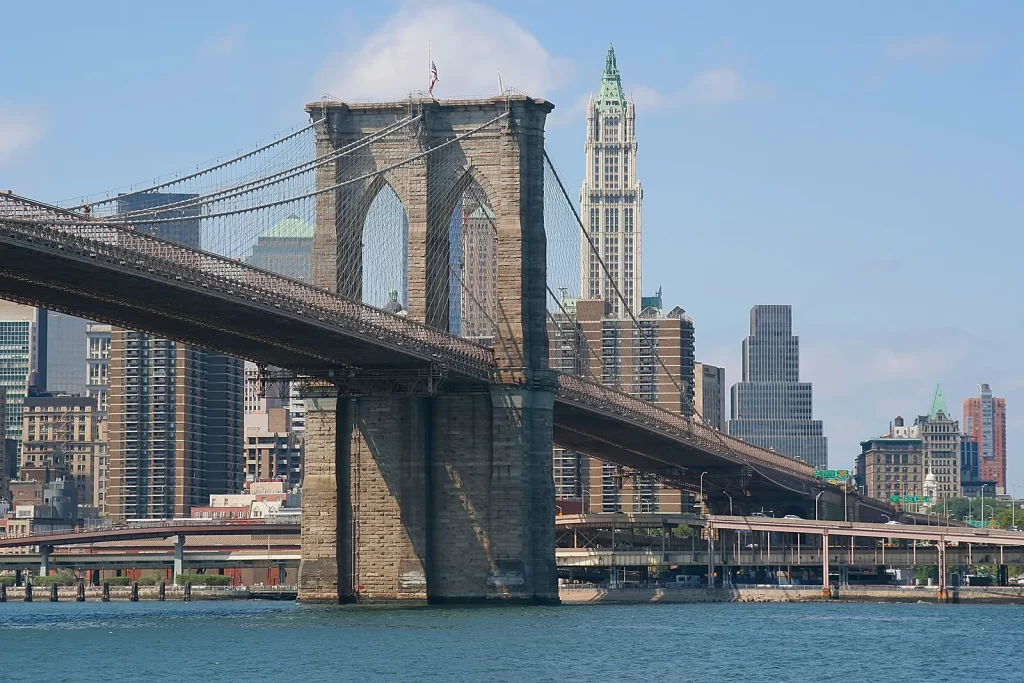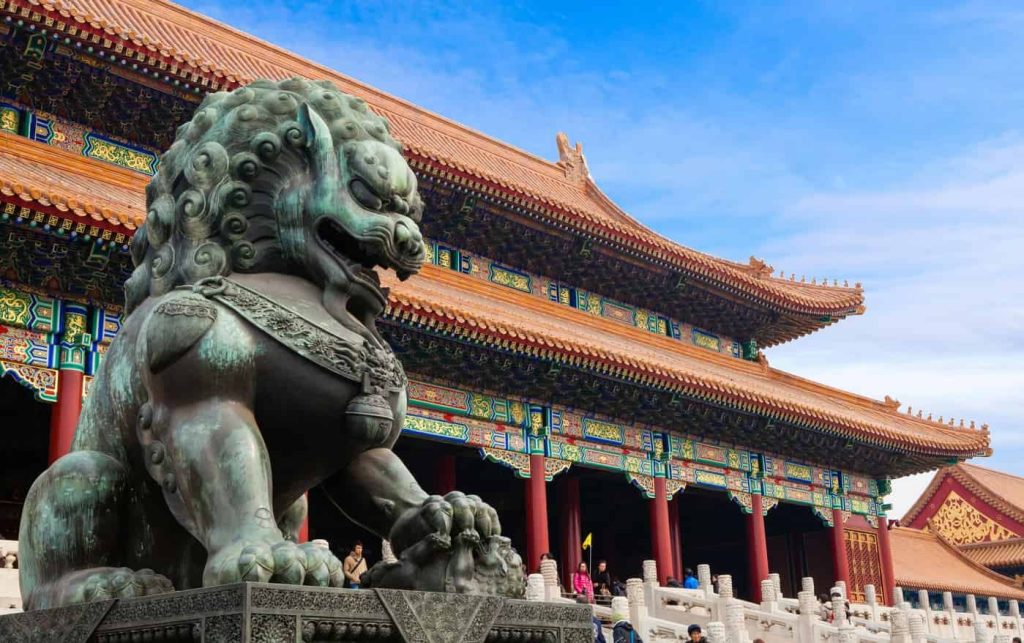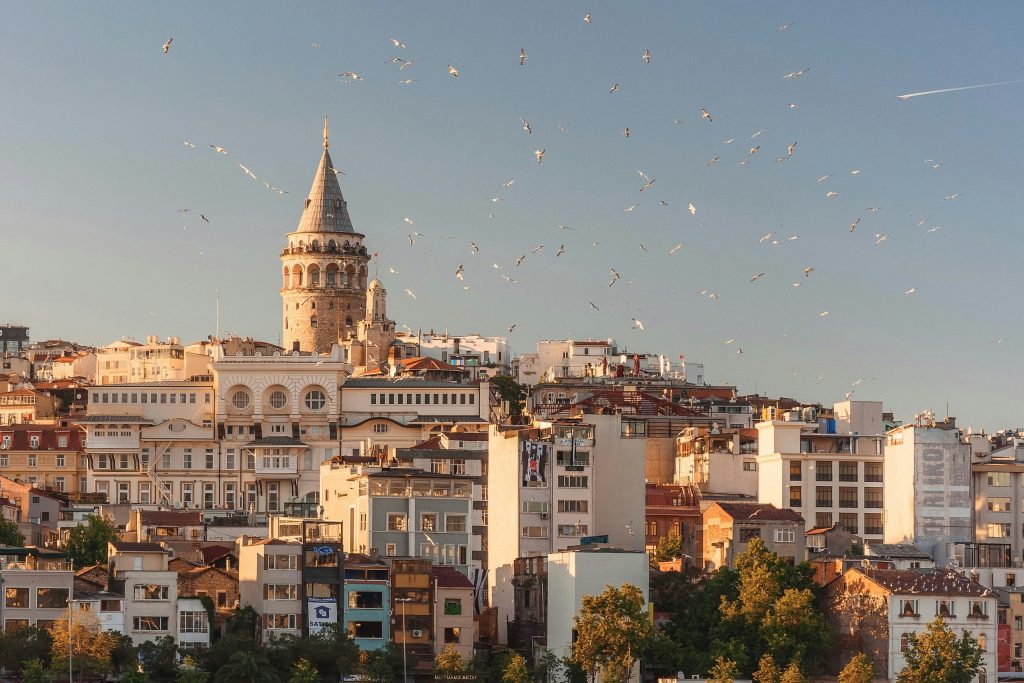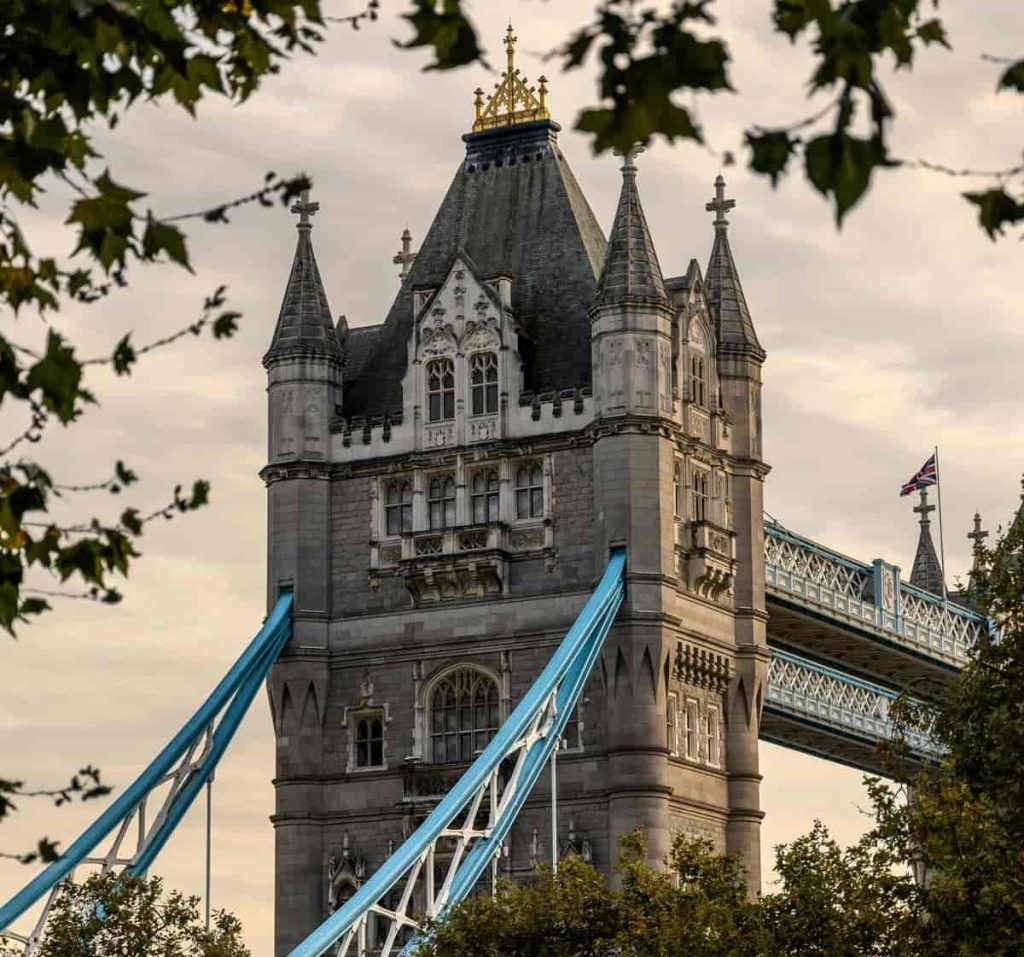August 14th is a day of immense pride for every Pakistani. It marks the day in 1947 when Pakistan emerged as a free nation, breaking away from British colonial rule. Every year, the entire nation celebrates this day with joy, reflecting on the sacrifices and struggles of our ancestors. It is a day to honor the past, celebrate the present, and look forward to a bright future.
Historical Background
Pre-Colonial India
Imagine a land bustling with diverse cultures, rich traditions, and grand empires. This was the Indian subcontinent before the British arrived. The Mughal Empire, one of the most powerful and influential empires, had left an indelible mark on the region. Their legacy included not just magnificent architecture like the Taj Mahal but also advancements in art, literature, and governance.
British Rule in India
The arrival of the British East India Company in the 1600s gradually changed the landscape. Initially traders, the British soon began to establish control over various regions. By the mid-19th century, their rule was solidified, and India became a jewel in the British crown. However, this period also brought exploitation, economic drain, and social unrest.
The Indian Rebellion of 1857
In 1857, a major uprising took place against British rule. Known as the First War of Independence, this rebellion was a courageous but ultimately unsuccessful attempt to reclaim freedom. The brutal suppression of the revolt marked the beginning of direct British governance, known as the British Raj, which lasted until 1947.
The Pakistan Movement
Reasons for the Movement
For Muslims in British India, life was increasingly difficult. Their rights were often ignored, and their voices silenced. This led to the birth of the Pakistan Movement. It was a quest for a land where Muslims could live with dignity, practice their faith freely, and govern themselves.
The All-India Muslim League
In 1906, the All-India Muslim League was founded to represent Muslim interests. This organization played a pivotal role in advocating for a separate nation. Leaders like Muhammad Ali Jinnah and Allama Iqbal became the torchbearers of this movement, voicing the aspirations of millions of Muslims.
Key Events and Milestones
Several events fueled the momentum of the Pakistan Movement. The Lucknow Pact of 1916 was a significant agreement between the Muslim League and the Indian National Congress to work together for self-governance. But it was the Lahore Resolution of 1940 that truly set the stage for Pakistan’s creation, formally demanding a separate state for Muslims.
Muhammad Ali Jinnah: The Quaid-e-Azam
Early Life and Education
Muhammad Ali Jinnah was born on December 25, 1876, in Karachi. He was a brilliant student who went to England to study law. On his return, he became a successful lawyer. Initially, Jinnah worked for Hindu-Muslim unity, but he later realized that Muslims needed a separate nation to protect their rights.
Political Career and Leadership
Jinnah’s journey from a lawyer to the Quaid-e-Azam (Great Leader) is inspiring. His unwavering commitment to the cause of Muslims in India transformed him into a symbol of hope and determination. He navigated the complex political landscape with wisdom and vision, ultimately leading to the creation of Pakistan.
The Indian Independence Act of 1947
In 1947, the British Parliament passed the Indian Independence Act, leading to the creation of two independent nations: India and Pakistan. Pakistan was born on August 14, comprising West Pakistan (now Pakistan) and East Pakistan (now Bangladesh). This momentous event was celebrated with immense joy, but it also came with profound challenges.
Partition and Its Aftermath
Violence and Migration
The partition was a time of great turmoil. Widespread violence and communal riots broke out, leading to the loss of countless lives. Families were uprooted, and millions of people had to migrate. Muslims moved to Pakistan, while Hindus and Sikhs headed to India. The journey was perilous, and many endured unimaginable hardships.
Impact on Communities
The partition left deep scars on the people of the region. Families were torn apart, and lifelong friendships were broken. Both India and Pakistan faced the monumental task of rehabilitating refugees and restoring peace. The resilience shown by the people during these trying times is a testament to their strength and determination.
Building a New Nation
Challenges Faced
Pakistan faced numerous challenges in its early years. The new nation had to settle millions of refugees, build a government from scratch, and create a stable economy. Despite these obstacles, the spirit of the Pakistani people remained unbroken, and significant progress was made under the leadership of Jinnah and other founding leaders.
Economic Development
In the face of adversity, Pakistan focused on developing its infrastructure and industries. Efforts were made to stabilize the economy and promote growth. Agriculture and industry were given special attention to ensure the nation’s development and self-sufficiency.
Political Developments
The early political landscape of Pakistan was marked by efforts to establish a stable and functional government. The country adopted its first constitution in 1956, transitioning from a dominion to an Islamic republic. Despite political instability and power struggles, Pakistan continued to strive for democracy and stability.
Cultural and Social Impact
Arts and Literature
Independence had a profound impact on Pakistani arts and literature. Writers and poets expressed their experiences of partition and the birth of a new nation through their works. Themes of freedom, identity, and resilience became central to Pakistani literature and art, reflecting the nation’s journey and aspirations.
Education and Science
Education and science were prioritized in the early years of Pakistan. Numerous schools, colleges, and universities were established to promote literacy and education. The government encouraged scientific research and technological advancements, contributing to the country’s development and progress.
Celebrations and Traditions
Independence Day Celebrations
Independence Day is celebrated with great enthusiasm across Pakistan. The day begins with special prayers in mosques. The national flag is hoisted at government buildings, schools, and homes, accompanied by the national anthem. Fireworks, parades, and cultural events are common, and people wear green and white, the colors of the national flag.
Personal Stories of Independence
The Citizens Archive of Pakistan has collected numerous personal stories from those who lived through partition and independence. These stories highlight the struggles and sacrifices made by individuals who migrated to Pakistan, leaving behind their homes and loved ones. Hearing these stories brings history to life, reminding us of the human experiences behind the historical events.
Significance of Independence Day
Freedom from Colonial Rule
Independence Day marks the end of British colonial rule and the birth of a new nation. It is a celebration of freedom and self-determination, a time to honor the sacrifices made for the country’s independence.
Unity and Solidarity
The independence movement united Muslims across the subcontinent. Independence Day fosters a sense of national pride, unity, and solidarity among Pakistanis. It is a day to reflect on the nation’s journey and to commit to its progress and prosperity.
Resilience and Determination
The story of Pakistan’s independence is one of resilience and determination. Despite facing numerous challenges, the people of Pakistan showed remarkable strength and perseverance. Independence Day is a reminder of this spirit and inspires the nation to continue striving for a better future.
Modern-Day Reflections
National Progress
Independence Day is a time to celebrate the achievements of the nation. Pakistan has made significant progress in various fields, including education, science, technology, and the arts. The celebrations inspire the younger generation to contribute to the country’s development.
Looking Forward
As Pakistan moves forward, it is essential to remember the lessons of history. The values of freedom, tolerance, and justice must be upheld. Independence Day serves as a reminder of these values and the importance of working together for a prosperous and united Pakistan.
